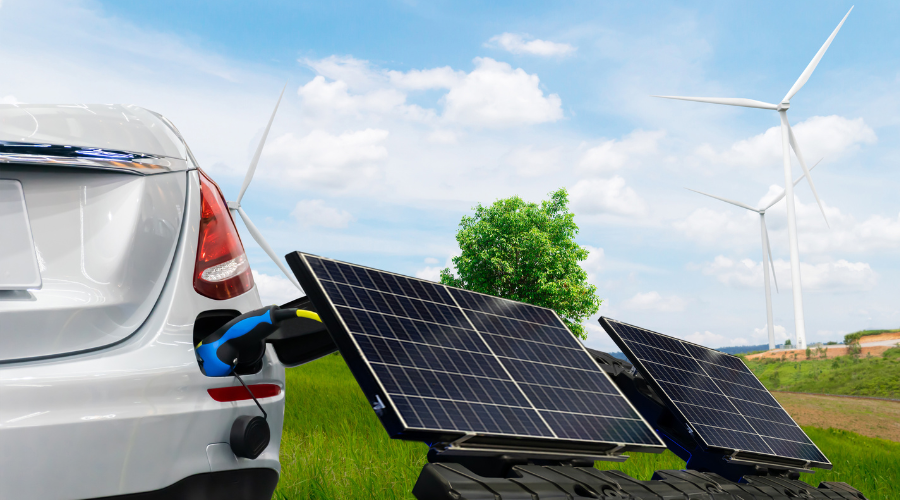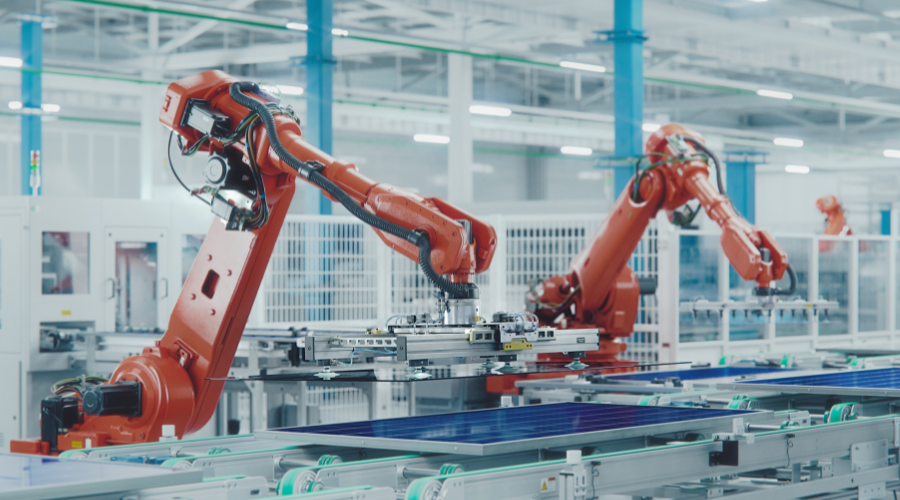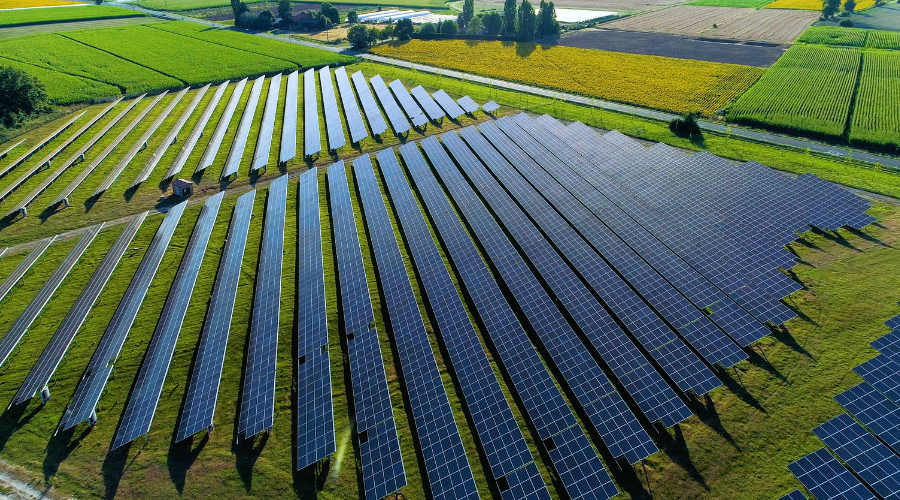In a groundbreaking development, scientists have created an “artificial leaf” that harnesses sunlight to convert carbon dioxide (CO2) and water into low-emissions fuels like ethanol and propanol. This innovative technology, inspired by photosynthesis, could pave the way for eco-friendly cars powered by surrounding sunlight and the air’s CO2 and water vapor. The research, led by University of Cambridge scientists and published in Nature Energy, presents a promising step toward transitioning away from fossil fuels and reducing emissions in the transportation sector.
Harnessing Sunlight for Clean Fuels:
The artificial leaf device, composed of multiple layers including copper, glass, silver, and graphite, emulates the light-absorbing properties found in plant leaves. These light absorbers, combined with a catalyst made of copper and palladium, facilitate the conversion of CO2 and water into ethanol and propanol when exposed to sunlight. The resulting alcohol products can be extracted and used as clean fuels, eliminating the need for intermediary steps like producing syngas.
Advantages of Ethanol and Propanol:
Ethanol and propanol are considered eco-friendly fuels with high energy density, making them suitable for storage and transportation. Ethanol, already used as a clean fuel derived from biomass sources like corn or sugarcane, can now be produced directly using the artificial leaf technology. This advancement circumvents the common outcome of carbon monoxide or syngas production when converting CO2 into chemical products, marking a significant breakthrough in harnessing the power of the sun for practical liquid fuel production.
Future Prospects and Ongoing Research:
While the technology is currently at the laboratory scale, researchers aim to enhance the light absorbers’ efficiency and catalyst’s performance to maximize sunlight absorption and fuel conversion. Scaling up the artificial leaf device to produce larger volumes of fuel is also a focus for future development. Although cost implications remain uncertain, this advancement represents a crucial step toward sustainable transportation and reducing reliance on petroleum-based fuels.
Conclusion:
The solar-powered “artificial leaf” technology holds immense potential to revolutionize the automotive industry by offering cars that generate clean fuels directly from sunlight, CO2, and water vapor. With ongoing research and improvements in efficiency and scalability, this groundbreaking development brings us closer to a future where vehicles are powered by the renewable energy of the sun, significantly reducing carbon emissions and dependence on fossil fuels.








